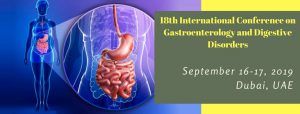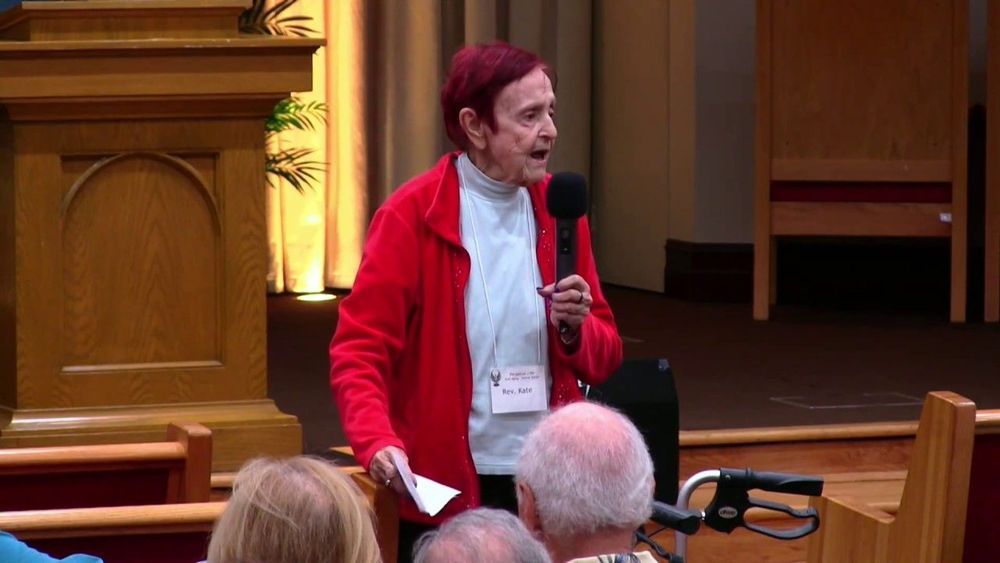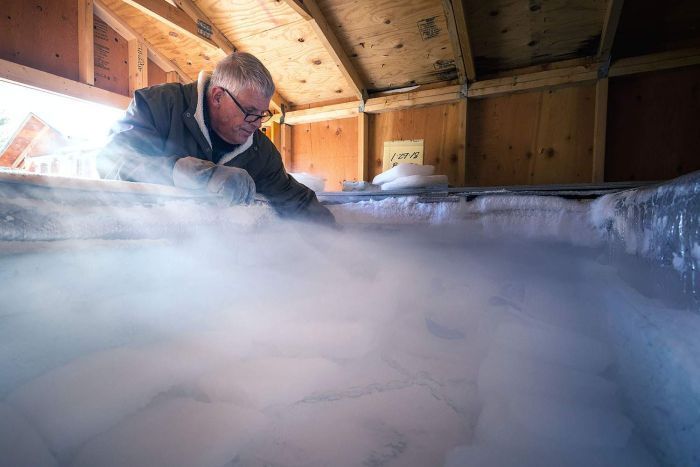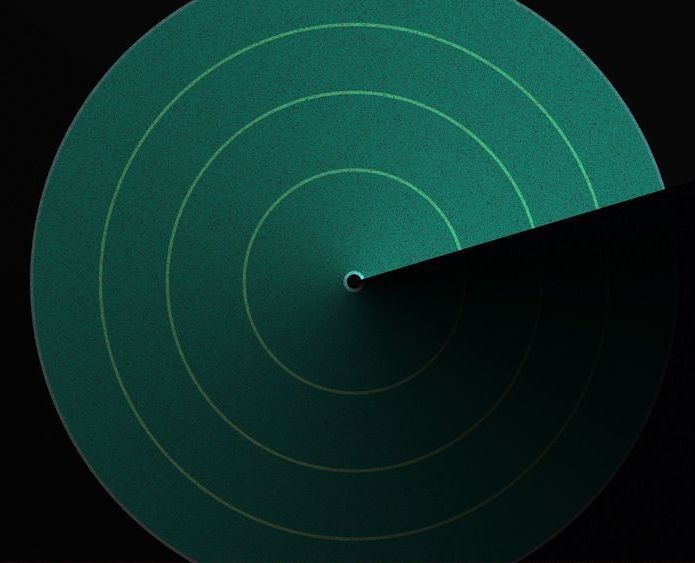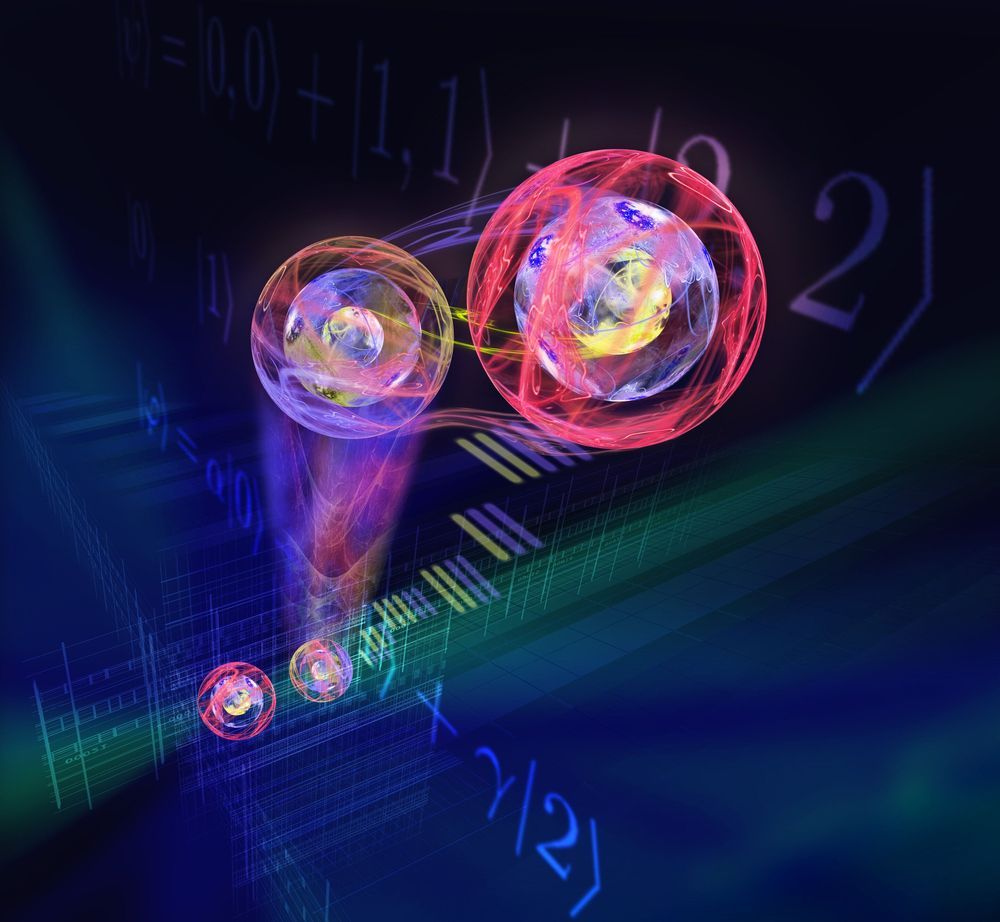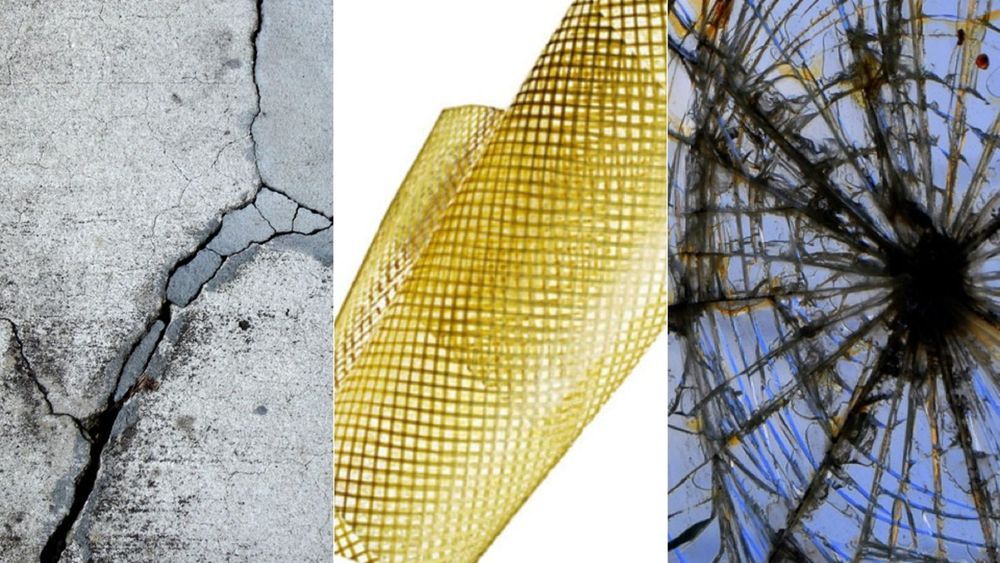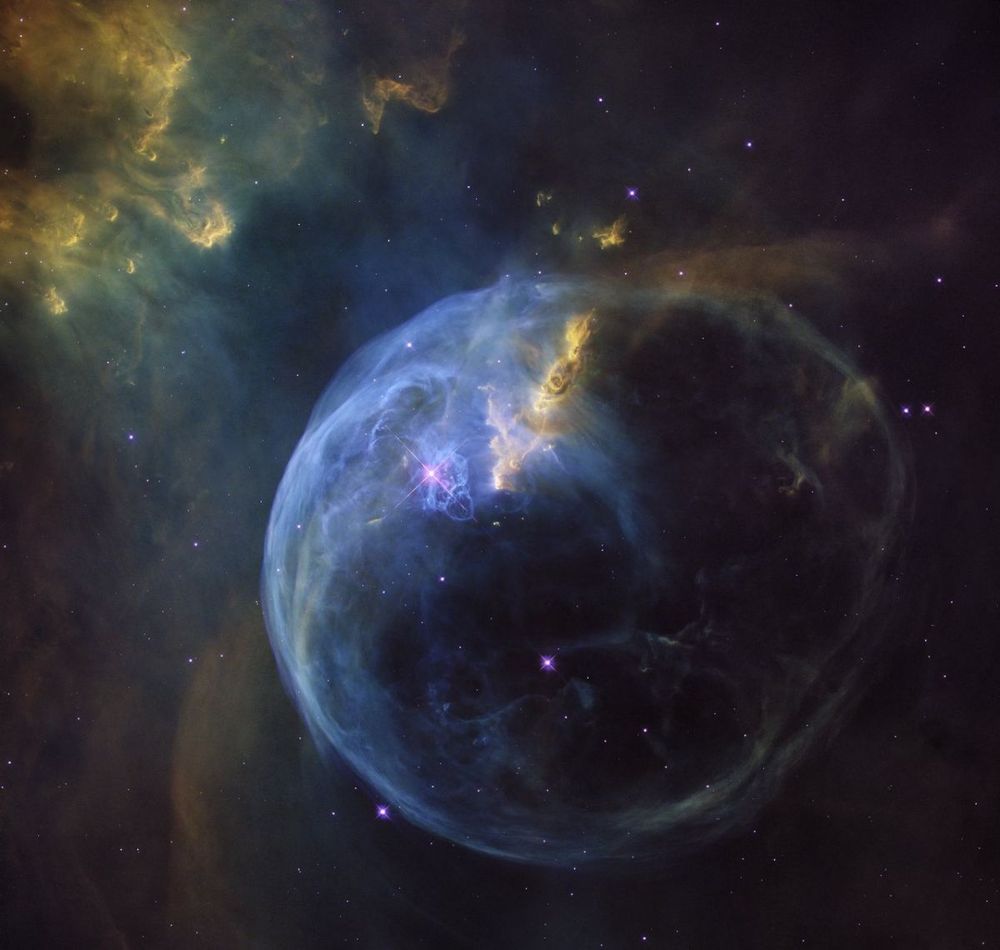Aug 23, 2019
New Optical Method for Functional Brain Imaging
Posted by Genevieve Klien in categories: biotech/medical, business, neuroscience
ME Conferences is organizing “18th International Conference on Gastroenterology and Digestive Disorders” during September 16–17, 2019, Dubai, UAE. Conference highlights the theme- Improving Access in Gastroenterology: From Past to Future.
Gastro Meet 2019 is a leading platform for a focused agenda of the current research in the field of gastroenterology which includes, guest lectures, keynotes, symposiums, workshops, exhibitions, panel discussions, and poster sessions. We invite Gastroenterologists, Hepatologists, General Physicians, Microbiologists, Oncologists, Surgeons, Researchers, Students, and Business delegates to join us at Dubai in August 2018 for the 2-day power packed Gastroenterologists Meet.
Continue reading “New Optical Method for Functional Brain Imaging” »

